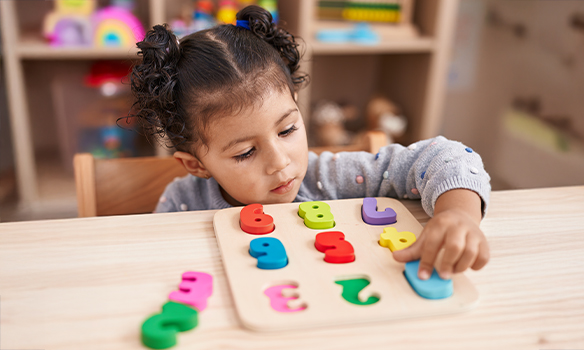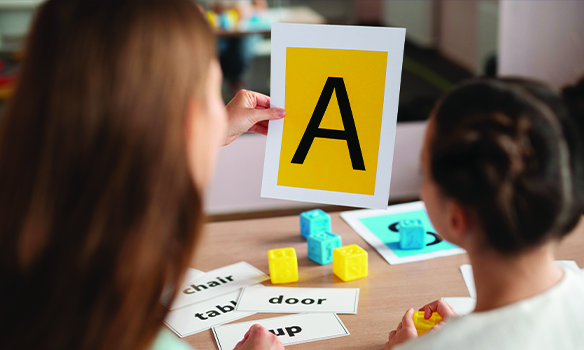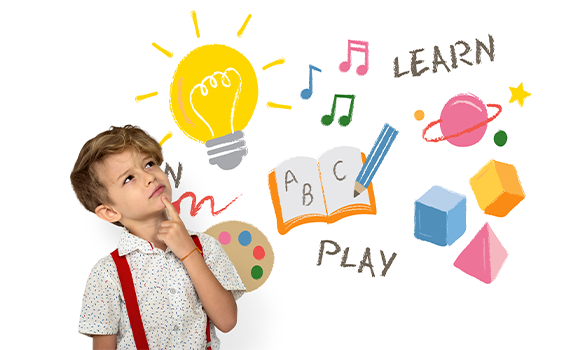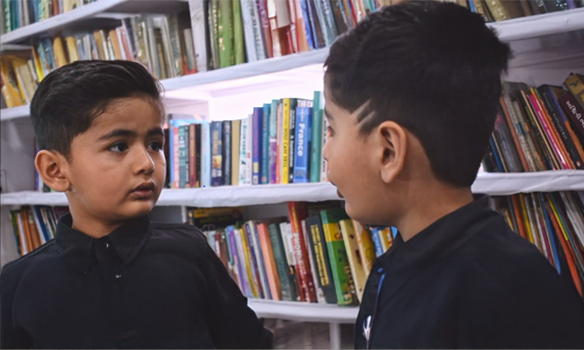Empowering Financial Minds Early
In a world where financial literacy is a crucial life skill, empowering children with a solid
understanding of money management early on can set them on a path toward financial success
and independence.
It is important for parents and teachers to teach basic financial literacy to kids so that they can
grow up and use the same basic concepts for a smarter and a more secure future. Financial
literacy can become an educational journey that combines fun, hands-on activities with essential
lessons about money.
Why Teach Financial Literacy Early?
Teaching financial literacy from a young age is like planting seeds of financial responsibility and
awareness. It equips children with skills that will serve them well into adulthood, including:
1. Money Management: Understanding the value of money and how to manage it wisely.
2. Budgeting Basics: Learning to allocate money for different purposes and prioritize
spending.
3. Saving and Investing: Grasping the importance of saving for the future and the basics
of investing.
4. Entrepreneurial Thinking: Encouraging creativity and innovation in generating income
Let us now learn how to teach Financial Literacy
1. Allowance as Learning Tool:
Instead of just giving allowance, use it as a practical tool for teaching money management.
Encourage them to divide it into saving, spending, and giving categories.
Calculate how much money your child would need for their basic expenditure like food in school
canteen, auto allowance, etc and give them a slightly higher allowance so that they can divide
their categories and also have some money left to put into savings.
2. Playful Business Ventures:
Encourage entrepreneurial thinking by letting kids create small businesses, such as lemonade
stands or crafting projects. This helps them understand the concepts of profit, expenses, and
customer service. You can have these ventures at different fairs happening at schools or in
different areas of cities.
You can also have a venture at home where you can make your kids design something for
underprivileged kids. These designs can be sold and the proceeds can be donated.
3. Financial Games and Apps:
4. Family Financial Discussions:
5. Education through Stories:
The Long-Term Impact
By instilling financial literacy through a Mini MBA approach (the approach described above),
children not only develop money management skills but also cultivate a mindset that values
smart financial decisions. These early lessons lay a strong foundation for a lifetime of financial
well-being and success.
In conclusion, a Mini MBA for kids is a powerful tool to introduce financial literacy in a way that's
both enjoyable and educational. Empowering children with the knowledge and skills to navigate
the world of money from an early age is a priceless gift that will benefit them for years to come
Little Genius is known to have one of the best mini MBA courses for kids and if you wish to
teach financial literacy to your kids, look no further and join us.
Related Blogs

Early Learning in Nagpur: Using Phonics and Math to Build Strong Foundations for 3-Year-Olds






























































.jpg)


















